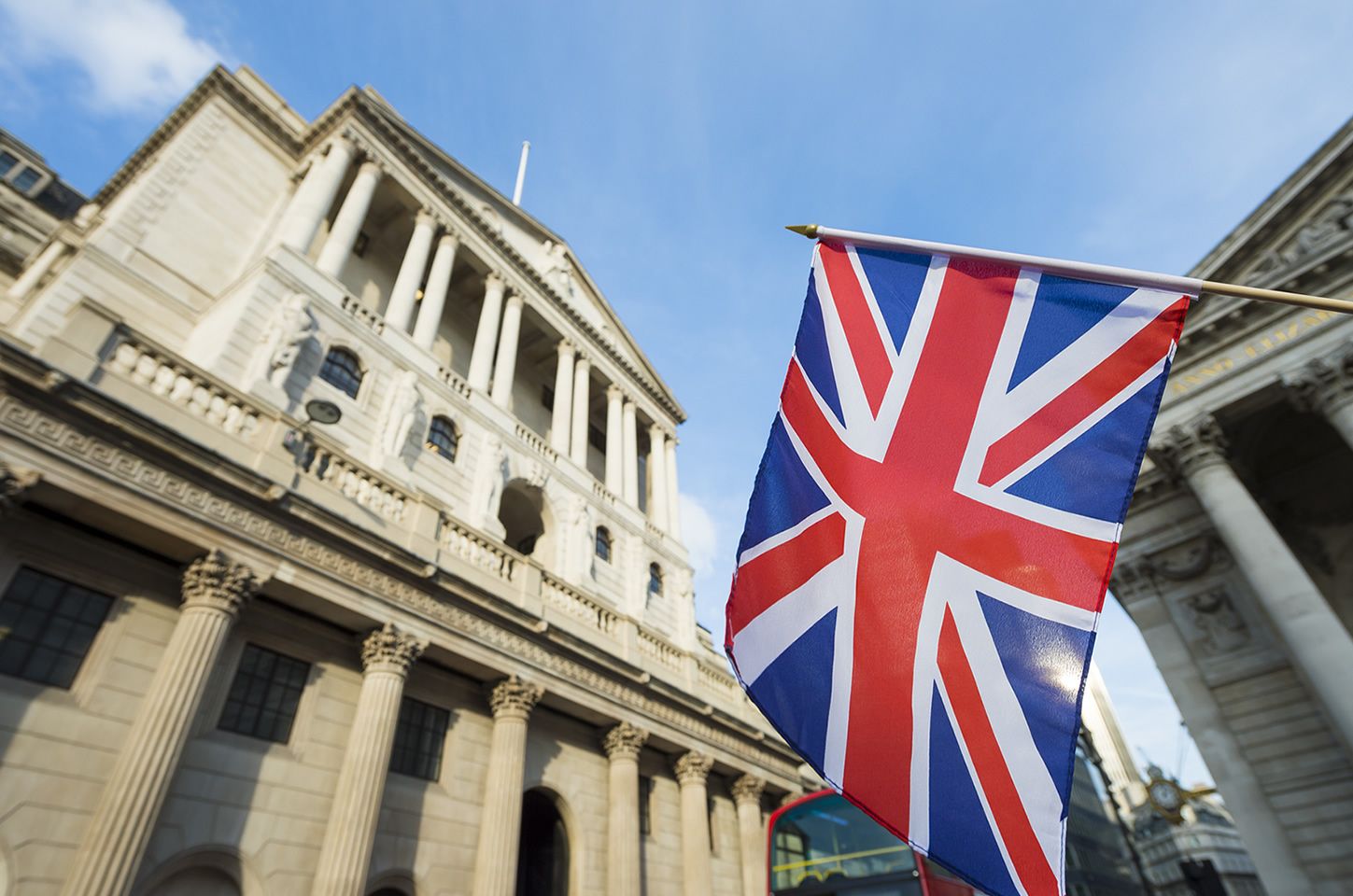
Surging Demand for Britain's New Inflation-Linked Bond Sets Record High
Investors flock to secure unprecedented returns as market dynamics shift in the UK bond market
In a recent development, the United Kingdom Debt Management Office announced that Britain received an overwhelming demand of 46.4 billion pounds ($57.9 billion) from investors for its new inflation-linked government bond. This figure marks a record high and underscores the attractiveness of the bond to investors. The bond, set to mature in March 2045, offered a return of 0.6543% on top of retail price inflation, making it the highest real yield for any index-linked gilt sold through syndication since May 2011.
The remarkable demand for the bond comes at a time when the British government has transitioned from being paid by investors to borrow money to a situation where it pays investors. The reversal can be attributed to the Bank of England and other central banks raising interest rates to combat double-digit inflation. The previous syndication of an index-linked gilt in November witnessed investors accepting a yield of 0.39 percentage points less than inflation on 1.5 billion pounds of 50-year index-linked bonds. This shift in investor behavior further emphasizes the changing market dynamics.
The majority of the bond's allocations were made to domestic investors, accounting for 93% of the total. The yield paid by the bond was 3.75 basis points higher than the benchmark 2044 index-linked gilt, aligning with initial guidance. The British government bond syndications typically set prices at the upper end of the guidance range. Robert Stheeman, the chief executive of the Debt Management Office, expressed gratitude for the ongoing commitment of investors to the gilt market and highlighted the quality of the order book and the informative feedback received.
It is important to note that the volume of orders for this index-linked bond was the highest ever seen through syndication by the Debt Management Office. Although a conventional gilt syndication of green gilts in 2021 exceeded order volumes of 100 billion pounds, the demand for this bond is exceptional. The Debt Management Office has already sold 21.9 billion pounds of gilts, out of a target of 237.8 billion pounds for the current financial year, which began in April. The next syndication planned is for a 40-year conventional gilt in the week starting May 15.
Market sentiment and trading activity indicate that the respite from UK inflation data may be short-lived. While the release is expected to show a slowdown into single digits for the first time in eight months, the market is pricing in an average pace that is double the central bank's 2% inflation mandate over the next five years. Over the course of three decades, inflation is expected to remain above 3%, according to trading contracts.
Last week, optimism surrounding the US debt ceiling and the banking industry reduced the demand for UK's safest assets. As a result, investors sold 10-year bonds at the fastest pace in a month, driving the yield above 4% and raising the premium compared to US and German counterparts to its highest level since October. The persistent expectations of elevated inflation suggest that this weakness in demand for UK bonds is likely to continue. Analysts at Royal London Asset Management and Barclays Plc anticipate the trend to persist, especially with the potential for an improvement in manufacturing sentiment.
The situation in the UK contrasts with that in the US, where market expectations align with economists' predictions that the Federal Reserve's hiking cycle has nearly concluded. On the other hand, market pricing in the UK reflects a different sentiment, with the expectation that the Bank of England may struggle to maintain its tightening stance. Ibrahim Quadri, an economist at Goldman Sachs Group Inc., predicts that the BOE will likely keep rates "higher for longer." His forecast suggests two more quarter-point hikes that would raise the UK bank rate to 5% by August, ahead of the November terminal rate predicted by the markets. Quadri agrees with market wagers that indicate the key rate will remain unchanged until the second quarter of the following year.
In a recent testimony to UK lawmakers, Deputy BOE Governor Dave Ramsden expressed concerns about the persistence of inflation and warned of the possibility of further interest rate hikes. The BOE's potentially shifting rhetoric challenges the perception that it is the most dovish central bank, prompting some investors to sell UK assets in anticipation of higher rates. Craig Inches, Head of Rates and Cash at Royal London Asset Management, noted the evolving situation and its impact on global investors' strategies.
Despite some pessimism regarding inflation, Megum Muhic, a strategist at RBC, predicts that the UK will experience a turning point with the upcoming inflation data release. Muhic anticipates that the dynamics will shift in favor of the UK from the April inflation print onward. In line with this projection, Muhic recommends buying UK bonds with a maturity of 10 years while selling their German counterparts to target a narrowing yield gap.
Investors will have an opportunity to assess the bond market's appetite when the UK government offers £3 billion ($3.7 billion) of 10-year gilts shortly after the inflation data is released. A similar offering in the previous month generated substantial demand, the highest seen since 2020.
In conclusion, the launch of Britain's new inflation-linked government bond has garnered record demand from investors, highlighting its appeal as an investment option. The reversal in investor behavior, where the government is now paying investors instead of being paid, reflects the recent interest rate hikes by the Bank of England and other central banks to combat inflation. Despite market optimism, persistent inflation expectations and concerns about the persistence of inflation may continue to impact demand for UK bonds. The UK's monetary policy stance, as compared to that of the US, has also contributed to market dynamics, with expectations of further rate hikes in the UK. However, some analysts believe the upcoming inflation data release may mark a turning point for the UK, potentially favoring UK bonds over their German counterparts. Investors will closely monitor the government's offering of 10-year gilts to assess market sentiment and demand.
















